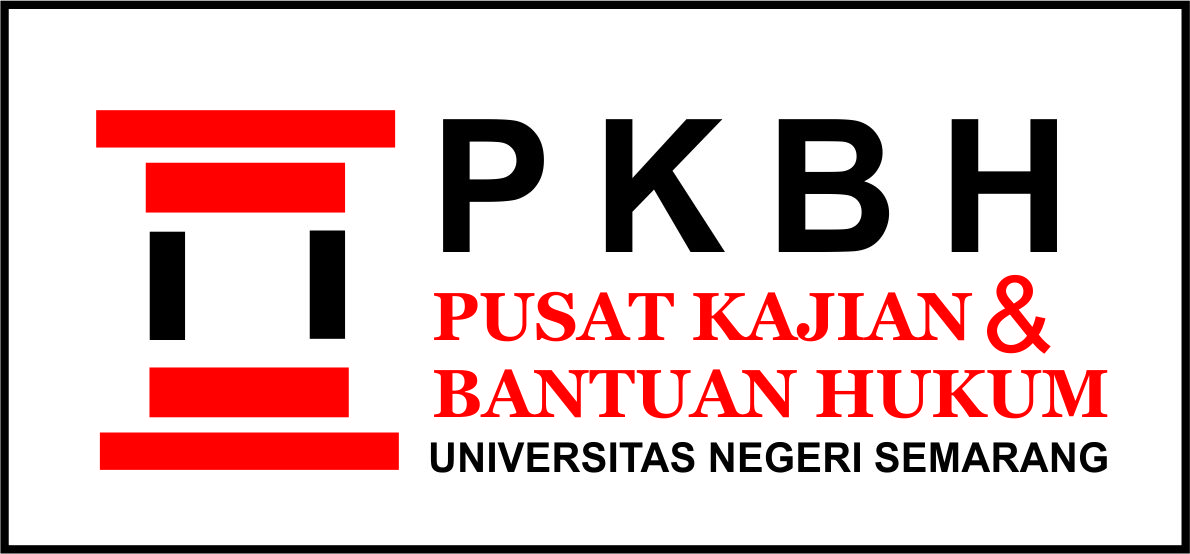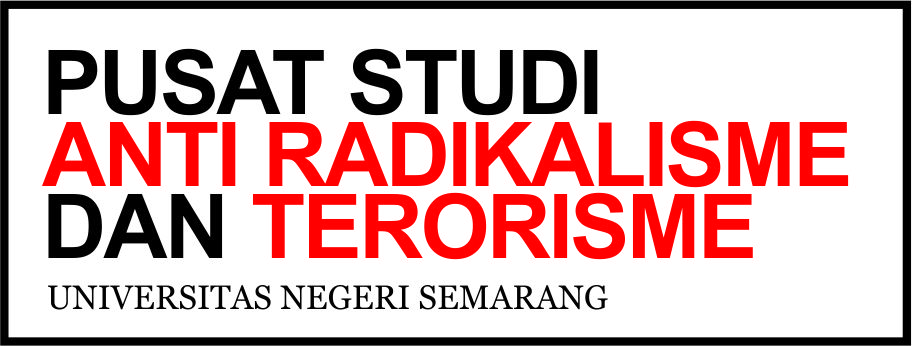Criminal Liability Political Parties in Criminal Acts of Corruption: Indonesia Korea Comparison
Abstract
Political parties are often in the spotlight because of the corrupt behavior of their members with the aim of party interests. The forms of criminal acts of corruption by cadres or political party administrators have various modes, including bribery, buying and selling positions, extorting strategic sectors, harming state finances, abuse of authority and misuse of budgets in development programs. Although there are many cases where political parties are suspected of being in the vortex of enjoying the proceeds of criminal acts of corruption, until now criminal responsibility is still borne by individuals, whether cadres or administrators of political parties. This study aims to provide an overview of the criminal liability arrangements of political parties in corruption in Indonesia and to conduct a comparative study of the accountability of political parties in Indonesia and South Korea. The research method used is non-doctrinal by taking secondary data sources with legal, conceptual and grammatical approaches. The results show that Indonesia still includes political parties as corporations, however, political parties in Indonesia are legal entities that cannot be held criminally responsible. South Korea is an example of a country that regulates criminal acts of political parties through their respective laws. In general, South Korea imposes criminal responsibility on persons or administrators of party members, not on the party itself.
Keywords
Full Text:
PDFReferences
Arliman, L. (2016). Keterbukaan Keuangan Partai Politik Terhadap Praktik Pencucian Uang Dari Hasil Tindak Pidana Korupsi. Jurnal Cita Hukum, 4(2), 225–240. https://doi.org/10.15408/jch.v4i2.3433
Asmara, C. G. (2020). Chandra Gian Asmara. Www.Cnbcindonesia.Com. https://www.cnbcindonesia.com/news/20201207105304-4-207304/4-menteri-jokowi-dari-parpol-tercyduk-kpk-siapa-saja-mereka
Aspan & Suwandi. (2020). Menjerat Kader, Melepas Partai Politik; Pertanggungjawaban Pidana Partai Politik Dalam Kasus Tindak Pidana Korupsi. Al-Adalah: Jurnal Hukum Dan Politik Islam, 5(1), 57–78. https://doi.org/https://doi.org/10.35673/ajmpi.v5i1.677
Constitution of the Republic of Indonesia
Hidayat, F. (2020). DPR RI Disebut Lembaga Paling Korup oleh Lembaga Internasional, Formappi: Tidak Mengejutkan! Wartaekonomi.Co.Id. https://www.wartaekonomi.co.id/read317120/dpr-ri-disebut-lembaga-paling-korup-oleh-lembaga-internasional-formappi-tidak-mengejutkan
Law No. 2 of 2008 on Political Parties
Law No. 31 of 1999 on Eradication of corruption
Law No. 20 of 2001 on Amendment to law no. 31 of 1999
Muladi & Dwidja Priyatno. (2011). Pertanggungjawaban Pidana Korporasi. Kencana Prenada Media Group.
Paath, C. K. (2017). Wakil Ketua KPK: 35% Perbuatan Korupsi dari Kalangan Parpol. Beritasatu.Com. https://www.beritasatu.com/nasional/452348/wakil-ketua-kpk-35-perbuatan-korupsi-dari-kalangan-parpol
Richard Holloway. (2010). _GOs: Loosing the Moral High Ground-Corruption and Misrepresentation. International Anti-Corruption Conference, 4. http://8iacc.org/papers/holloway.html
Wangga & Silvya. (2018). Pertanggungjawaban Pidana Partai Politik Sebagai Bahan Hukum Dalam Tindak Pidana Korupsi. Jurnal Integritas, 4(2), 255–278.
Wiryono, R. (2009). Pembahasan Undang-Undang Pemberantasan Tindak Pidana Korupsi. Sinar Grafika.
Refbacks
- There are currently no refbacks.










